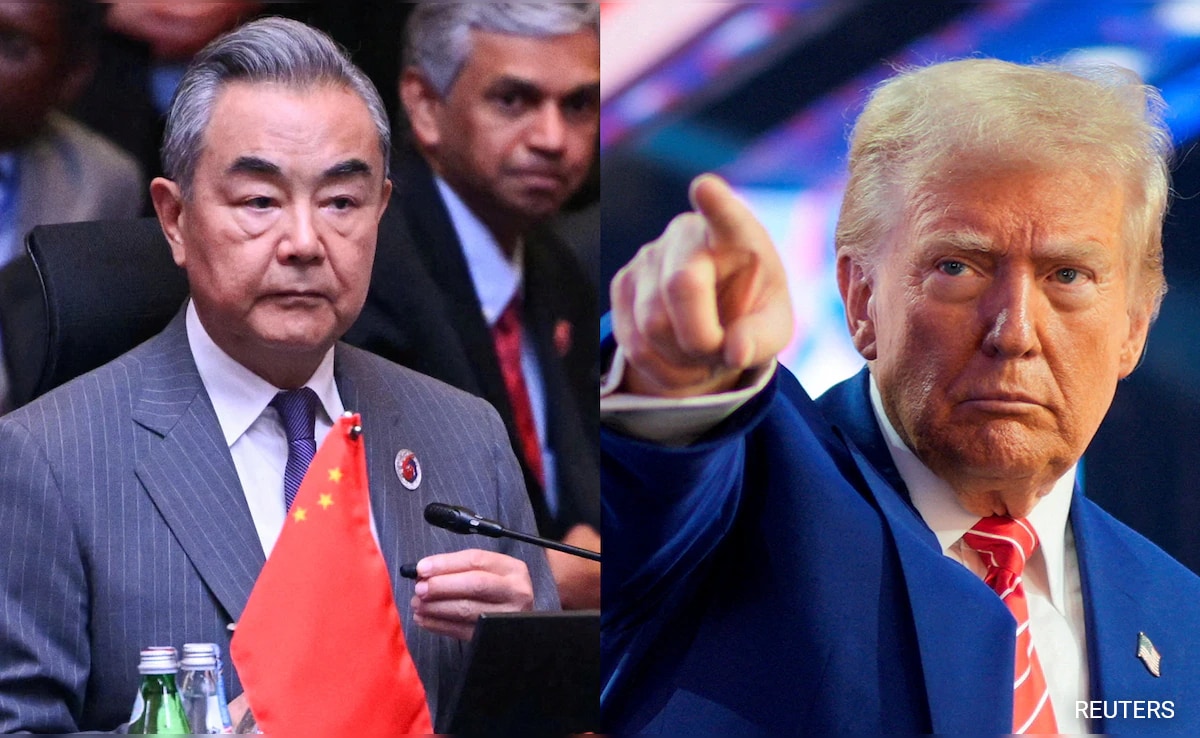Kuwait has struggled to defuse a standoff between members of the Gulfâs only elected parliament and a government appointed by the emir. The dispute has delayed an overhaul of Kuwaitâs welfare system and prevented the sheikhdom from taking on debt â leaving it with little in its coffers to pay bloated public sector salaries.
In recent weeks, however, 84-year-old Emir Sheikh Nawaf Al Ahmad Al Sabah has ramped up efforts to resolve the political paralysis, granting amnesty to members of the self-exiled opposition.
It remains uncertain the new Cabinet can take swift action to appease the public, especially with the ministers representing such starkly different bases and backgrounds according to the stateâs established appointment system.
â(The government) is a cocktail. Itâs a victim of a quota system. I have one Shiite, I have one woman, I have one tribal member. ... It should be merit-based,â said Bader al-Saif, a Kuwait University professor. âHow can you follow the same manual and expect different results?â
A few new, young faces from civil society stood out among the appointees. Three members from the parliamentâs so-called opposition bloc landed government positions, including the young and popular lawmaker Hamad Rouhaddeen, who took over the Information Ministry from a pro-government member of the royal family.
The new finance minister Abduwahab al-Rushaid is another outspoken, young figure with substantial support from merchant families â shaking up a Cabinet typically filled with older bureaucrats.
Kuwaiti analysts on social media suggested that the appointments could weaken the sway of opposition lawmakers in parliament who have blocked government reforms. More parliamentarians now have tribal representation in the new Cabinet and may be persuaded to support the government.
Sheikh Nawaf wished the prime minister luck from his palace and expressed âhope that the executive and legislative branches would cooperate for the sake of Kuwaitâs development and welfare,â the state-run KUNA news agency reported.
.png)











 English (United States) ·
English (United States) ·  Turkish (Turkey) ·
Turkish (Turkey) ·